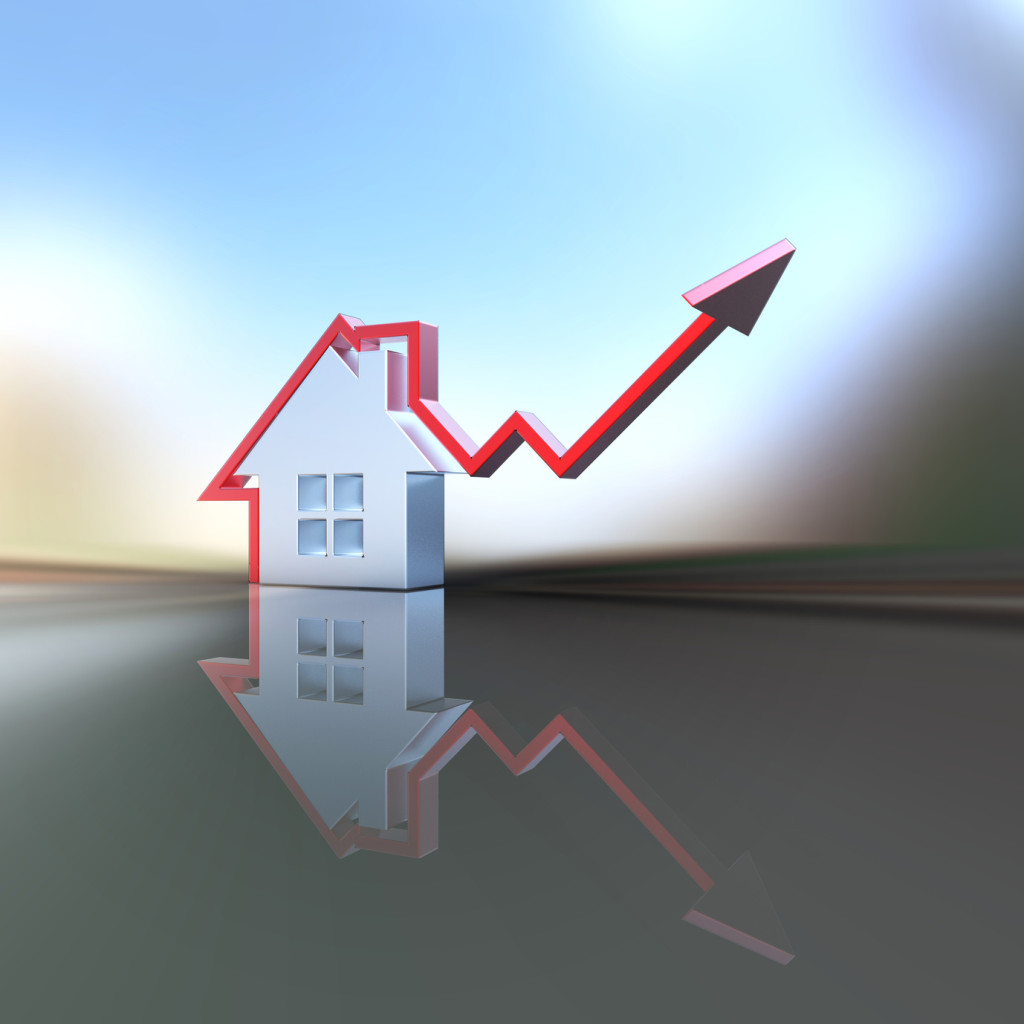Properly Pricing Your Home for Sale
By Than Merrill
Most sellers think they have the best house on the block and can easily sell it for 20% higher than every other property. Whether this is realistic or not, it depends on the property and the market. Overestimating your property could cause it to go unsold for months. Of course you want to get the highest return possible, but sometimes that means starting out below market value. Too often investors feel that because of all of the work they put in, that it will equate to a higher sale. Buyers don’t necessarily care about all the good work you have done, they just want to see how your home stacks up with what is on the market.
The first thing to look at is what has sold in your neighborhood. Take an honest look at how your home stacks up to these sales. You may feel that your home has better quality and is in a better location, but if you have one bedroom less than the highest sale, you will have a tough time getting your desired price. Looking at real data should tell you where to start with your list price.
Some investors will also look at property that is currently on the market. This information is important, but you need to look a little deeper. How long has it been on the market, what is the condition, is it a short sale or bank owned property? All of these can affect the list price. Also, just because a property is listed at a set price doesn’t mean it will sell for that price. Buyers and their agents know this and will certainly take it into account when they look at your property.
Gone are the days when you can list a property at a high amount and hope someone will make an offer and meet you in the middle. Buyers will not even look at an overpriced home in today’s market. Set realistic goals and look at realistic comparables. You will sell your property quicker and probably for more than you thought.